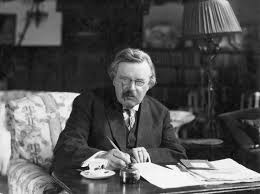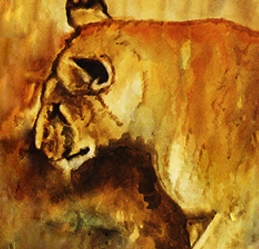A hand shot up from among the troops sitting on the ground. It was an eager sergeant who raised his hand and asked if he could help. In front of the troops was an enthusiastic young lady who was a volunteer with the YMCA. The sergeant’s offer to assist her came as somewhat of a surprise. She was reciting a recently published, but well-known poem, and she had suddenly forgotten the remaining lines.
It was 1918 in France. The young lady, Eloise Robinson, who was a poet, was with the doughboys near the front lines of the Great War. Here the men knew all the ugliness of fighting and this war of attrition with its mustard gas, isolation in the trenches, and rampant diseases. The young woman hoped to bring some good cheer with poetry and chocolates. The troops of the Fighting 69th Regiment from New York were eager for any type of distraction from both the daily grind and the quick terror of war. A recitation of poetry held their interest perhaps because it was so unlike anything like combat.
In response to her quizzical look, the sergeant recited the remaining verses of the poem. Although not a long poem, Eloise Robinson was surprised that he knew the lines. The sergeant answered her unspoken question when he gently explained, “Well ma’am, I guess I wrote it.”
The sergeant was Joyce Kilmer, and the verses he completed were the end of his best known poem “Trees”.
Joyce Kilmer did not have to be at the front lines; he wanted to be there. Shortly after the United States entered the war, he enlisted in the New York National Guard. Although he had a wife and children and was on the older end of the age range for enlistment, he volunteered because he thought it was his duty. He wrote,
“I have considered this step I am taking from every side and I feel there is no doubt that I have an obligation to join the colors. I would be ashamed later on to look at the children if I don’t volunteer. However other married men feel about going, I consider my enlisting as a duty I owe to God and country.”
After a short stint in the 7th regiment, Kilmer was able to transfer to the Fighting 69th Infantry Regiment. He soon rose from private to the rank of sergeant. Kilmer was fiercely loyal to his comrades and refused several officer commissions in order to remain with his regiment. As the war went on, Kilmer volunteered for more dangerous assignments in military intelligence which involved him leading scouting parties ahead of the regiment’s lines. His comrades were impressed by how calm he remained in the midst of these patrols into no man’s land.
Back home, Kilmer had a wife Aline Murray, who was also a poet, and four children. In the year before he enlisted, Kilmer and his wife had lost their four-year-old daughter to polio. Through their daughter’s suffering, the Kilmers were on led on a journey of faith which brought them into the Catholic Church. That same faith buoyed them through her illness and their mourning of her death. It also carried the Kilmers though his military service and sacrifice for his country.
When Kilmer had surprised the YMCA volunteer by completing the lines of his poem, he might have given his last presentation of those famous verses. Only weeks after that day, Kilmer was leading a scouting party to find German machine gun positions when he was killed by a sniper. He was just 31 years old. His desire to fulfill his duty to God and his country had resulted in his making the ultimate sacrifice. Although his life was cut short, he has lived on in his family, his example, and his writings, especially “Trees” which has become one of the most familiar poems in American culture.
Trees
By Joyce Kilmer
I think that I shall never see
A poem lovely as a tree.
A tree whose hungry mouth is prest
Against the earth’s sweet flowing breast;
A tree that looks at God all day,
And lifts her leafy arms to pray;
A tree that may in summer wear
A nest of robins in her hair;
Upon whose bosom snow has lain;
Who intimately lives with rain.
Poems are made by fools like me,
But only God can make a tree.



